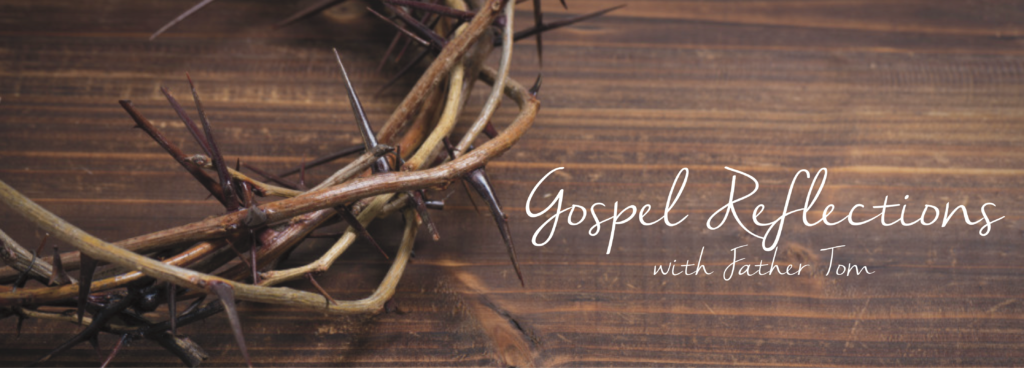
No one can live a Christian life without prayer. But we have to understand what prayer is and what it does.
Three men were trapped in a dark cellar which had no doors or windows. How did they react to their predicament?
The first was a writer by the name of George. He had no faith. He just sat there cursing the darkness. “There’s nothing we can do,” he said despairingly. “We might as well resign ourselves to our fate.”
The second was Peter, who was a very religious man. He prayed for a long time. When he had finished, he sat back and waited for a miracle. The third man was a bricklayer by the name of Ivan. He was quite religious in his own way. But he was also a very practical man. He had a small chisel in his pocket. With the light of a match he found a small stone. Using this as a hammer he began to chip away at the wall.
The work was slow, monotonous and extremely tiring. He got dust in his eyes, and blisters on his hands. Neither of the other two showed any inclination to help him. George sat in one corner smoking. Peter sat in another corner praying. From time to time Ivan too prayed: “Dear God, I believe that with your help we can make it out of here. So help us now.”
Finally, after hours of painful work, a big stone dislodged itself and light streamed in from next door. He began to shout for joy, praising and thanking God at the same time. His two companions helped him to widen the hole, and eventually all three crawled through and were free.
Here we see three different attitudes to prayer. For George it was a waste of time. Since he had no faith, his attitude was logical. If you don’t believe in God, who can you pray to? For Peter, prayer was a substitute for action. So, once he had prayed, he sat back and waited for God to come to his rescue. A lot of our prayer is like that, especially our prayer on behalf of others. It’s just words, an excuse for doing nothing. Ivan believed in prayer, not however as a substitute for action, but as a spur to action. Having prayed, he immediately took whatever action he could. His prayer served the purpose of keeping up his courage and hope. It also gave him a sense of God’s nearness, and an assurance that God had not abandoned him. He drew great strength from this.
If we look at the First Reading we will see Ivan’s view of prayer in action. On their journey to the Promised Land the Israelites were set upon by the Amalekites. In their struggle they relied on the prayer of Moses, not as an excuse for doing nothing, but as a spur to action. And Jesus urges us in the Gospel to pray continually and never lose heart. Prayer does make a difference. It sustains us. Those who pray never lose heart. When we turn our thoughts to God, we feel a new strength in our soul, in our entire being. “Without divine assistance I cannot succeed; with it I cannot fail.” (Abraham Lincoln)
And faith and prayer are interconnected. St. Augustine said, “Faith pours out prayer, and the pouring out of prayer sustains and strengthens faith: Prayer is the oil that keeps the lamp of faith burning. The fruit of prayer is faith. The fruit of faith is love. The fruit of love is service. And the fruit of service is peace.
